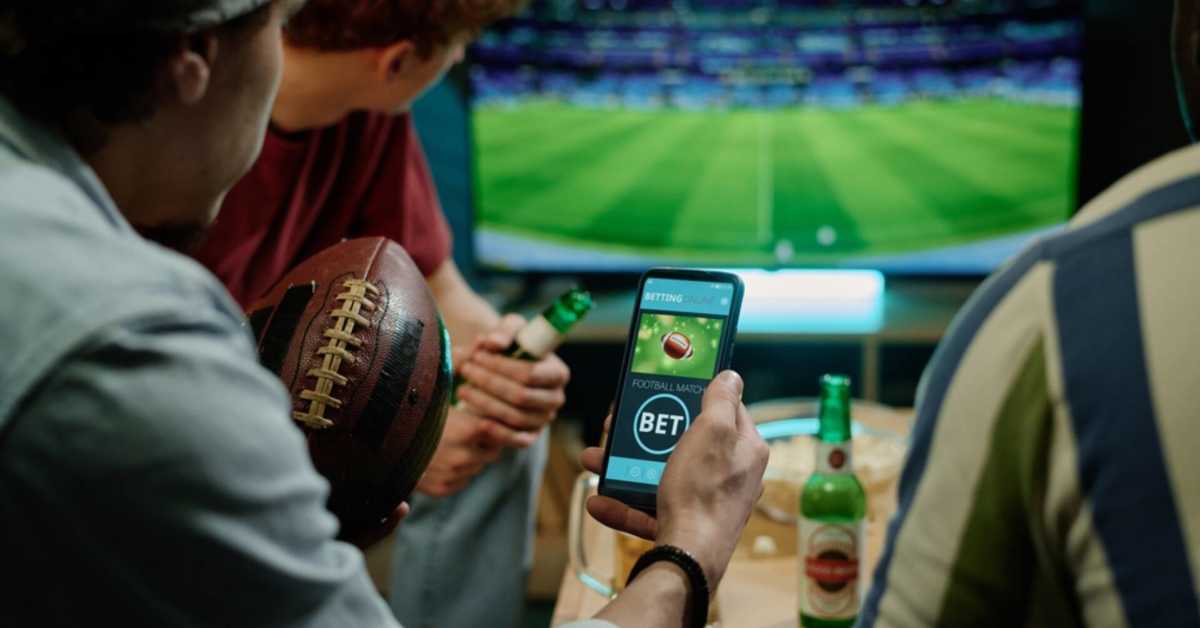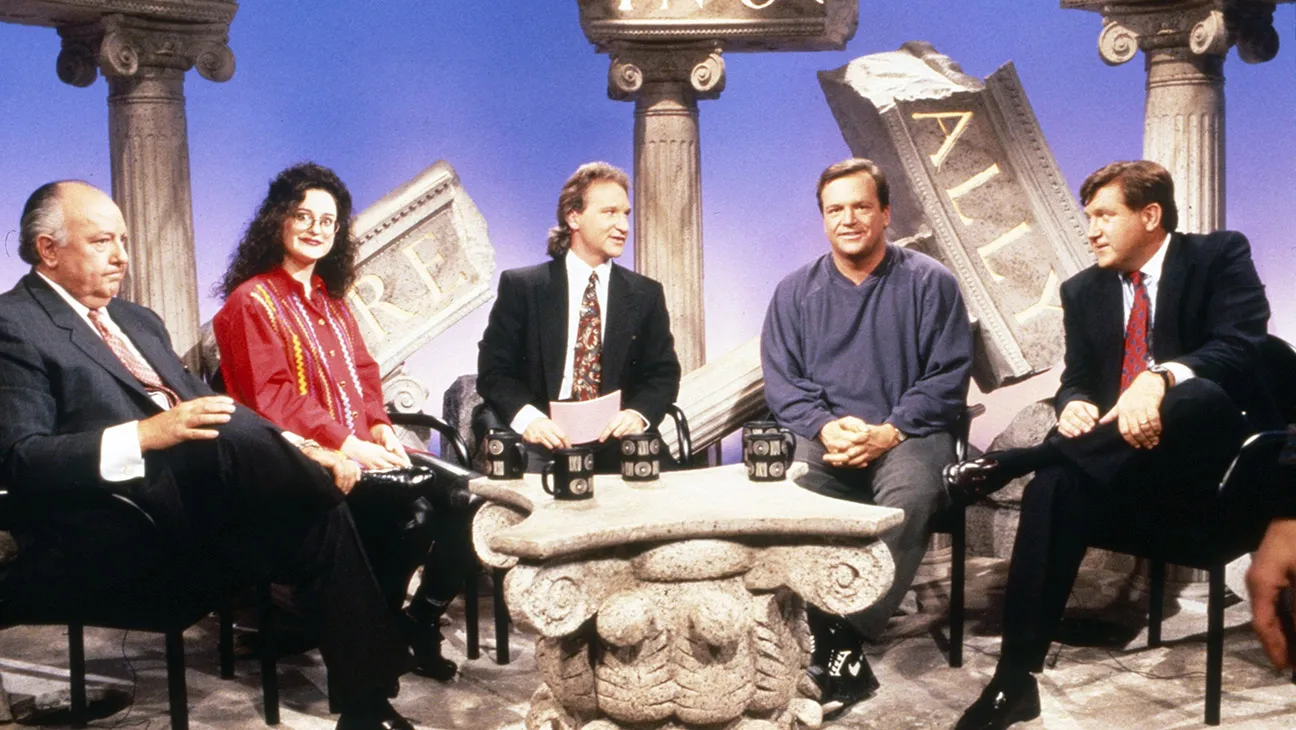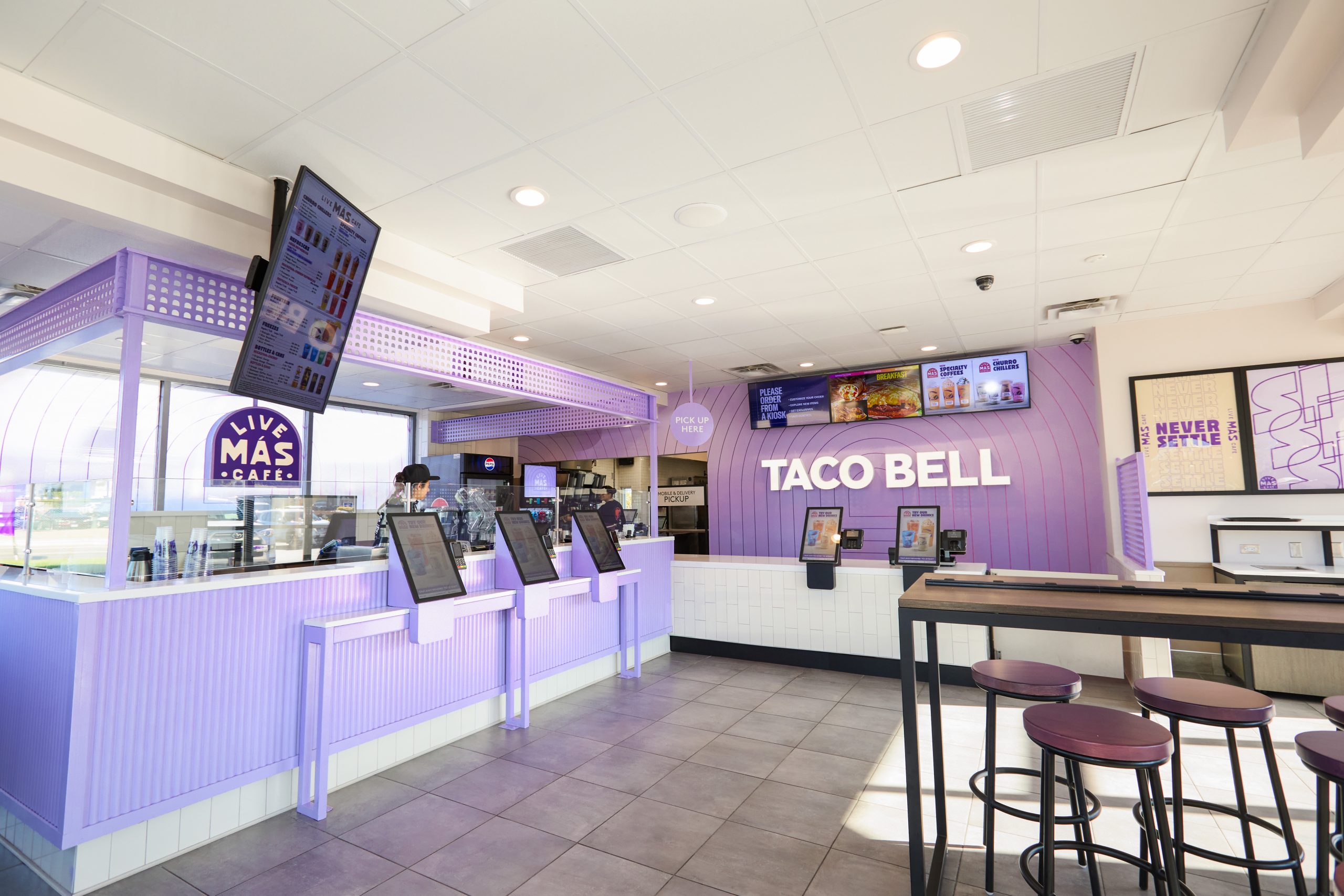Gambling Apps Meet Their Match As Cheaper, Regulated Prediction Markets Foray Into Sports, Cultural Events

They say that the house always wins, but what happens when bettors’ swap their bets for trades? One-time pandemic favorites DraftKings (DKNG) and FanDuel parent Flutter Entertainment FLUT might be about to find out.
The rise of prediction markets are to blame. On Tuesday, the two gambling apps saw their shares sink 11% and 10%, respectively. It came as prediction market leader Kalshi launched parlays and close ally Robinhood (HOOD) announced a significant milestone in its prediction market product.
Why Are Prediction Markets Booming?
This news wouldn’t be such a big threat with the prediction markets of old. Years back, regulated platforms like PredictIt offered events contracts for political and economic happenings, with hefty restrictions on bet size. Those kept the markets obscure, even as crypto-first firms like Polymarket muscled into the space.
But in the last few years, after regulators at the CFTC approved Kalshi to operate their own Designated Contract Market (DCM), the event contract space has begun to position itself as a more approachable alternative to gambling incumbents.
It’s not only because they’re federally regulated, and therefore legal in all 50 states, but because they are cheaper and seen as more transparent, too.
And while new entrants like Interactive Brokers IBKR have stuck with the markets’ political, economic, and financial roots, the markets have expanded to more categories like culture and sports. It could become increasingly existential for betting apps.
Kalshi Launches Parlays
On Tuesday, coinciding with Robinhood’s bullish commentary on prediction markets, Kalshi announced that it would launch parlays, bulldozing one key advantage that online sportsbooks boasted over prediction markets.
Parlays allow bettors to bet on a number of things happening at once, often in exchange for a larger payoff. Gamblers tend to put together custom parlays for longshot bets, often in the hopes of turning a few bucks into hundreds or even thousands of dollars.
It’s particularly troubling for betting apps because NFL games now command over half of Kalshi’s volume. And with bets at the app already cheaper than the ‘vig’, or fees, of sportsbooks, cheaper parlays could become a serious headache for betting players.
Robinhood Hits 4 Billion Contracts
In August, we reached out to Robinhood about their new events contract product, which launched in November. The app offers a frontend to interface with Kalshi, the regulated exchange which now offers parlays.
The company told us that, from Nov. 2024 to Jun. 2025, it had transacted over 2 billion transactions. 500 million were cast on the 2024 U.S. Presidential Election, while 100 million were cast on economic contracts.
However, sports took the cake, revealing a big expansion of the brokerage app’s investor focus. A stunning 1.4 billion contracts, or 70% of the company’s life-to-date contracts at the end of Q2, came from sporting events like March Madness and the NHL Finals.
That growth has only continued, with Robinhood announcing that it transacted 2 billion contracts in the third quarter, doubling the number of total contracts it had transacted since its Nov. 2024 launch. And with a $0.01 commission on each contract, Robinhood has collected more than $40 million in revenue just delivering trades to the Kalshi marketplace.
The New Gambling Apps
Kalshi, Robinhood, Polymarket, and other markets maintain that they are not gambling apps. They say they sell financial products, which can allow investors to speculate on economic, financial, or political eventualities. It can even allow investors to hedge outcomes.
But realistically, their existing suite of products aren’t likely used like that by the millions of users tinkering with prediction markets. Instead, their forays into sports and cultural events could represent a usurping of existing gambling convention. However, that assumes that certain contracts are not restricted by state-specific legal challenges.
Either way you cut it though, it comes at a troubling time for casinos, sportsbooks, and other betting apps. Aside from the fact that the federally-regulated markets are cheaper, seen as more transparent, and have the added plus of being ‘regulated’, avid bettors will see steeper taxes on their winnings because of the new Republican tax and budget bill.
That could be bad news for the broader sports industry, which has cast bets of their own on sportsbooks and gambling apps. The integrations are overbearing with major sports leagues, in part because the sponsorship revenue is meaningful. And the urgency with which sports networks have pushed the speculative activity as part of ‘sports culture’ has been credited with the ‘enshittification’ of sportsgoing.
It remains to be seen how vast the disruptiveness of prediction markets could be. But investors are clearly laying out their early bets: the house might always win, but the house itself might be changing, even if slowly.



